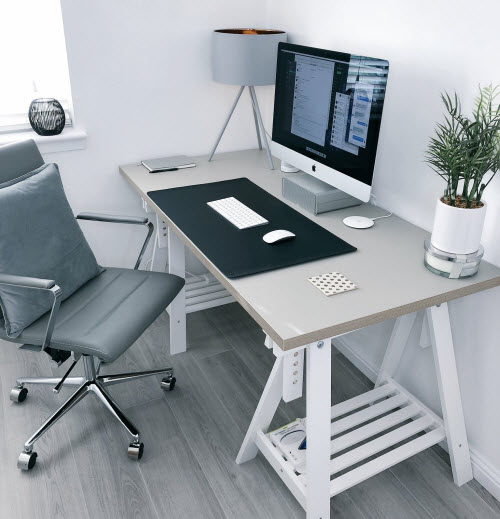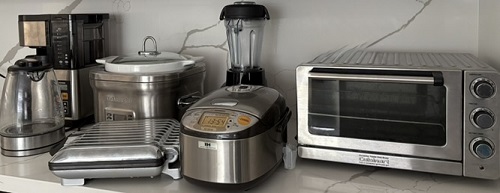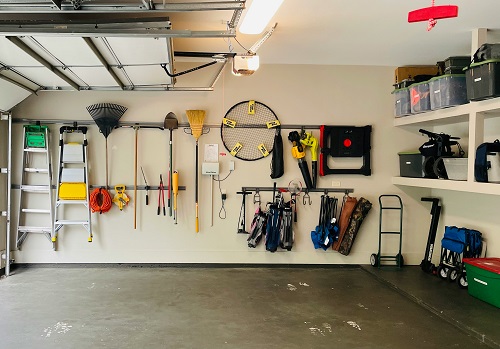Documents & Papers: How Long Do I Keep Them?
By Pamela Wong
Pamela is a Trained Professional Organizer based in Oakville, Ontario and is the owner of Zen N Organized. She helps homeowners and small business owners transform their homes and home offices into organized spaces. She has a practical, non-judgemental approach to organizing. Her objective is to create functional and harmonious spaces for her clients.

How often do you ask yourself: “Do I have to keep this piece of paper?”
Often?
And is your answer to the question: “I will keep it for now. It’s only one piece of paper.”
Right?
But then you find yourself repeating this process over and over and the next thing you know there is a paper mountain on your desk!
Sound familiar?
I don’t know how many times I’ve been asked by my clients, “Do I need to keep this?”
My answer may surprise you, “It depends.”
It really does depend on your specific situation and almost every client of mine has something that is unique to them. My list below is to give you a general guideline to work with.
I need to stress that you should always check with your accountant for what documents to keep for tax purposes. A business owner would need to keep a lot more receipts and back up documents for company expenses or tax purposes.
This is by no means a complete list. It includes some of the most common documents (for non-business owners) that I come across at clients’ homes:
1 Year Or Less
- Utility bills – one month so you can prove to the utility company that you paid your last bill.
- Receipts – keep for 1 week to 1 month for returns/exchange; scan a copy of the receipt if needed for proof of purchases for warranty purposes.
- Credit card statements – most people will keep them for about a year.
7 Years
Tax related documents such as income tax returns, RRSP contributions, T3’s, T4’s, T5’s, mortgage statements, receipts/documents that are needed to show as proof for your tax returns, annual mortgage statements. Again, please check with your accountant for more information.
A few years to forever
- Legal documents – e.g. birth/death certificate, marriage certificate, divorce/separate agreement, custody agreement, family trust document, will and power of attorney, adoption records.
- Investment records, mortgage/auto statements.
- Pension plan records.
- Medical records.
- Insurance policies – keep these for as long as they are still active and applicable.
- Other personal documents – educational diplomas/certifications, genealogy research/family tree.
While it is important to keep transaction records and key documents, it is just as important to consider what ISN’T.
Cleaning out and organizing these documents are a good habit to have. Imagine the ease of retrieving a file without digging through the paper mountain.
Life with less clutter is achievable. Trust me.




